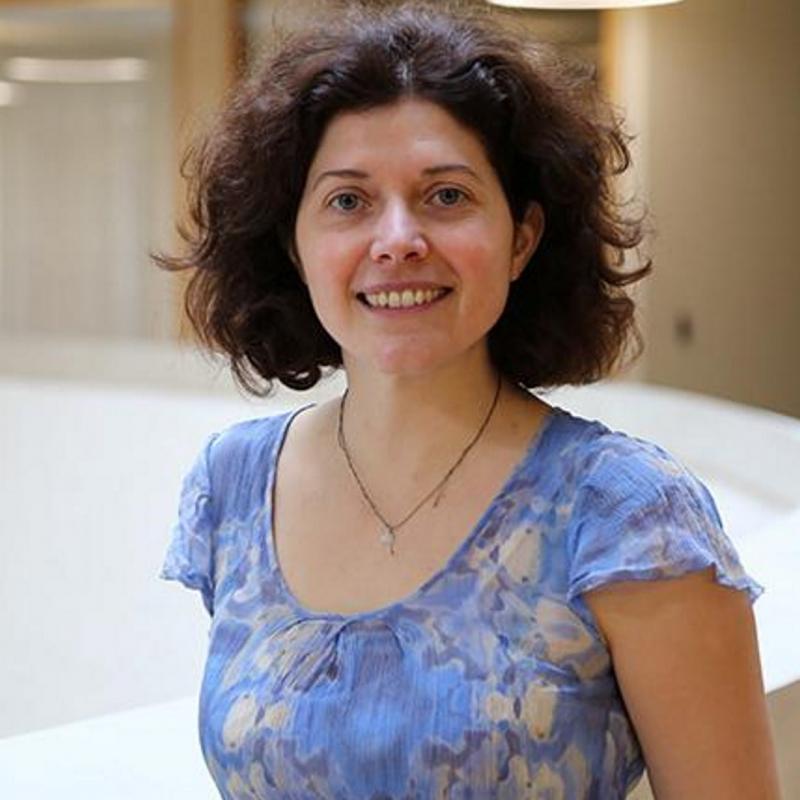Breadcrumb
Identifying and meeting citizens’ needs is essential for effective public service provision, but the process can be fraught with difficulty.
Dr Mara Airoldi, Director of the Government Outcomes Lab (GO Lab) at the Blavatnik School of Government, is looking for ways to overcome these challenges.
Commissioning – defining a particular population’s public service needs and organising the delivery of these services – is the main focus of Mara’s research. She has over ten years’ experience in the healthcare domain, and her area of expertise is helping healthcare managers ensure that service provision is effective and economical. She was also a lead developer of the popular STAR (Socio-technical allocation of resources) toolkit, a software which facilitates discussion among key stakeholders about value for money.
In her current position as Director of the GO Lab, Mara’s research encompasses all public services. Nonetheless, the fundamental questions remain the same: how to most effectively identify need, and how to create the necessary infrastructure –contracts, regulation, and monitoring – to meet this need?
Choosing the best way to do so often brings commissioners back to the question of why government exists.
There are cases where if we only use private initiatives, some people fall through the cracks because the market may not be very good at helping the most vulnerable. One of the justifications for the existence of government is to act as a safety net and look after the welfare of all citizens.
However, governments may struggle to meet needs, so researchers must find innovative solutions. Mara cites three main challenges facing policymakers. Firstly, while government departments are clearly delineated with individual budgets, people’s needs can’t always be so neatly categorised. For example, children’s welfare could involve schools, social services, health and family, and the separation of budgets runs counter to providing an integrated service.
Secondly, the short timeframes established by budgets and political cycles mean that it is difficult to make long-term projections about reducing need, and to invest in projects that will bring benefits beyond the political term. A third challenge is how to deal with the risk aversion that can exist in the public sector.
Outcome-based commissioning may help overcome these limitations. This approach creates contracts for the delivery of services based on measureable results, such as ‘lower unemployment’, which must be met before the service provider receives payment. There is thus an incentive to create a collaboration across distinct budgets, work through time constraints and to be less risk-adverse. Mara and her team are assessing the usefulness of this strategy.
We want to know what evidence is out there. If outcomes contracts are well-designed, do they deliver against the promises that have been made, in terms of more social outcomes, and better use of tax payers’ money?
At the moment, the Go Lab’s research focuses on the experimentation taking place within the UK. The trialling of social impact bonds has created an excellent opportunity to draw lessons from one particular type of outcomes-based commissioning. The GO Lab is also in conversation with similar agencies in the US, South Africa and within the EU.
Aside from this research, Mara is working on a project investigating how services for people living with dementia can be organised more effectively. She is working with a community in the north of England to understand why existing services are falling short and co-design possible solutions.
October 2017

